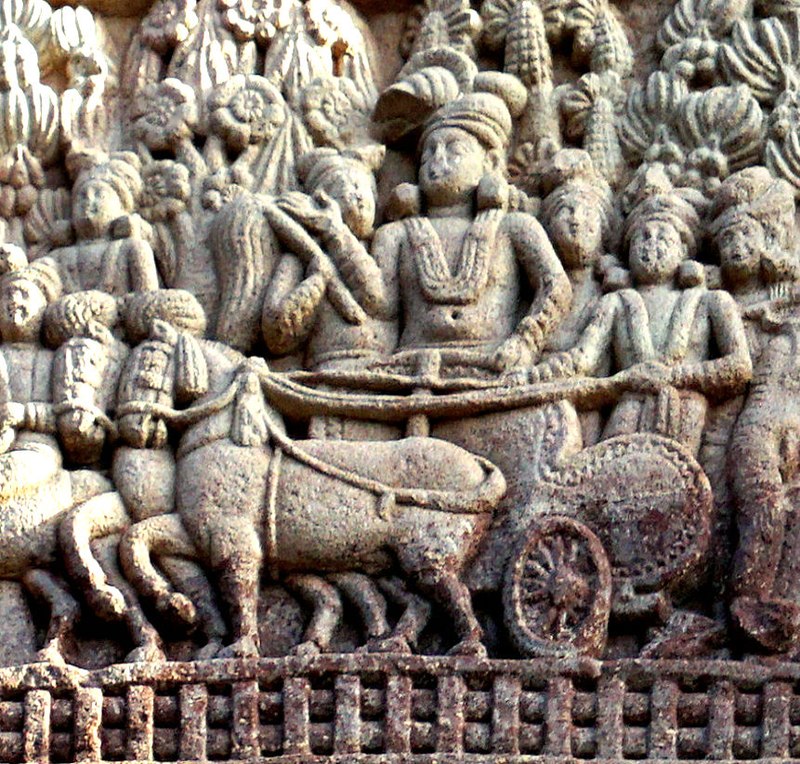
Aśhoka
Aśhoka was an Indian emperor of the Maurya Dynasty who ruled from 268 to 232 BCE. He is known for his significant role in spreading Buddhism across ancient Asia and for promoting non-violence and religious tolerance. Aśhoka's edicts, inscribed on pillars and rocks throughout his empire, are considered a remarkable example of early social and political thought, emphasizing moral governance and the welfare of his subjects.
Global Media Ratings
Countries Mentioned
No country-level mention data available.
Interactive World Map
Each country's color is based on "Mentions" from the table above.
Recent Mentions
 France:
Ashoka was a philosopher king who ruled over a vast territory in the Indian subcontinent and promoted moral progress among his subjects.
9
France:
Ashoka was a philosopher king who ruled over a vast territory in the Indian subcontinent and promoted moral progress among his subjects.
9
 Vietnam:
Emperor Ashoka built a memorial stupa at the site where the Buddha passed away.
8
Vietnam:
Emperor Ashoka built a memorial stupa at the site where the Buddha passed away.
8
 Vietnam:
Ashoka, the famous emperor of the Maurya dynasty, played a significant role in the revival of Buddhism.
8
Vietnam:
Ashoka, the famous emperor of the Maurya dynasty, played a significant role in the revival of Buddhism.
8
 Pakistan:
Ashoka is credited with pioneering the writing system in the region and is known for his edicts on peace and tolerance.
9
Pakistan:
Ashoka is credited with pioneering the writing system in the region and is known for his edicts on peace and tolerance.
9
 Vietnam:
Ashoka sent a branch of the Bodhi tree to Sri Lanka, which became the oldest surviving Bodhi tree.
7
Vietnam:
Ashoka sent a branch of the Bodhi tree to Sri Lanka, which became the oldest surviving Bodhi tree.
7
 Vietnam:
King Ashoka erected a pillar in Lumbini to commemorate the birthplace of the Buddha.
8
Vietnam:
King Ashoka erected a pillar in Lumbini to commemorate the birthplace of the Buddha.
8
 Italy:
Aśhoka is referenced as a leader in Civilization VII, representing a significant historical figure.
7
Italy:
Aśhoka is referenced as a leader in Civilization VII, representing a significant historical figure.
7
